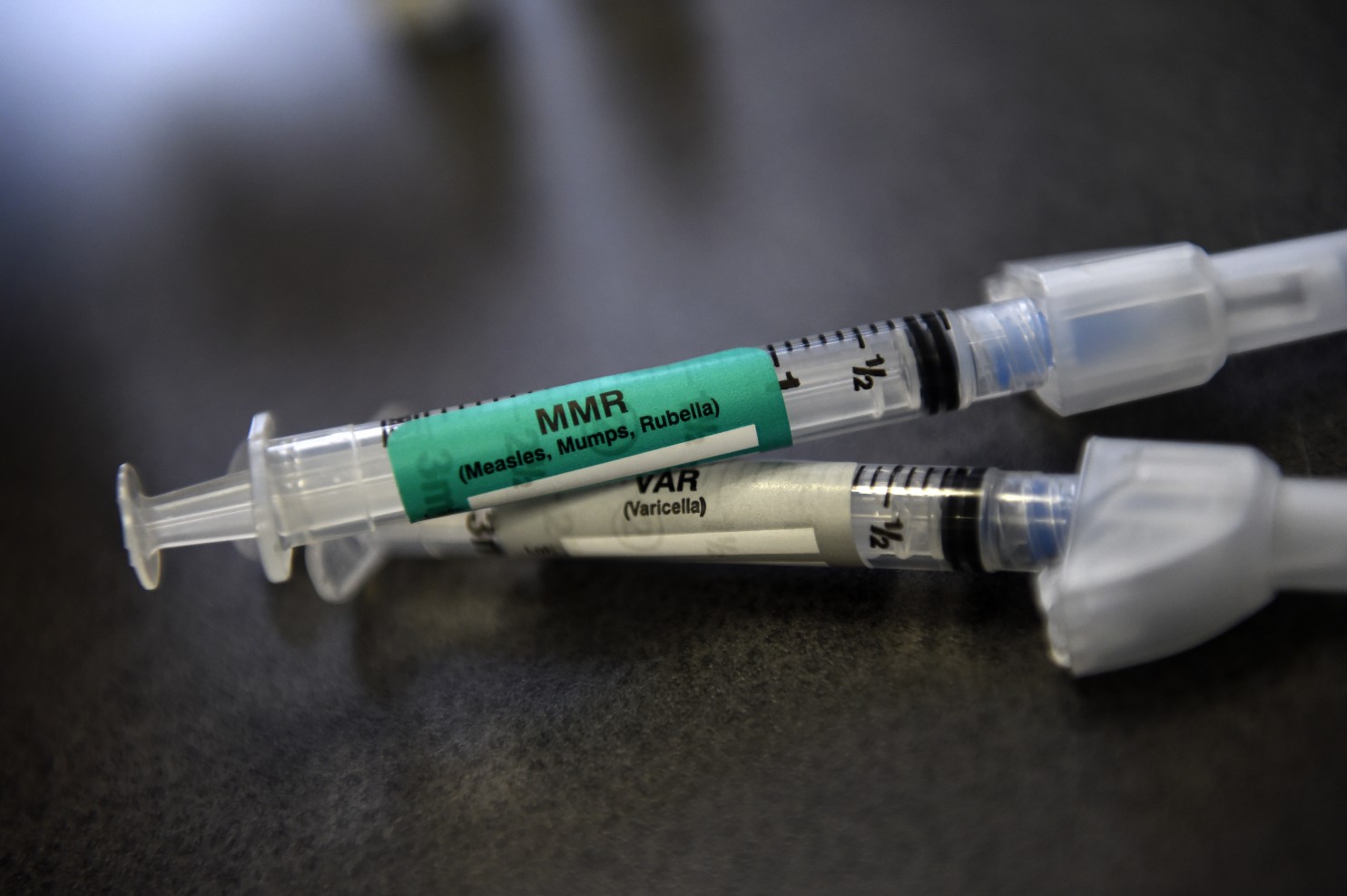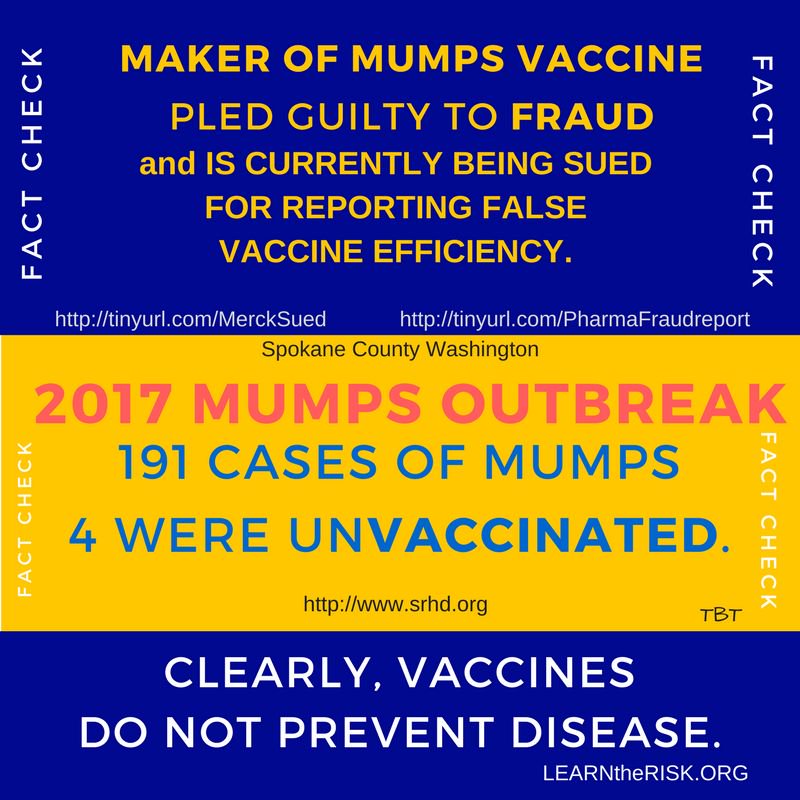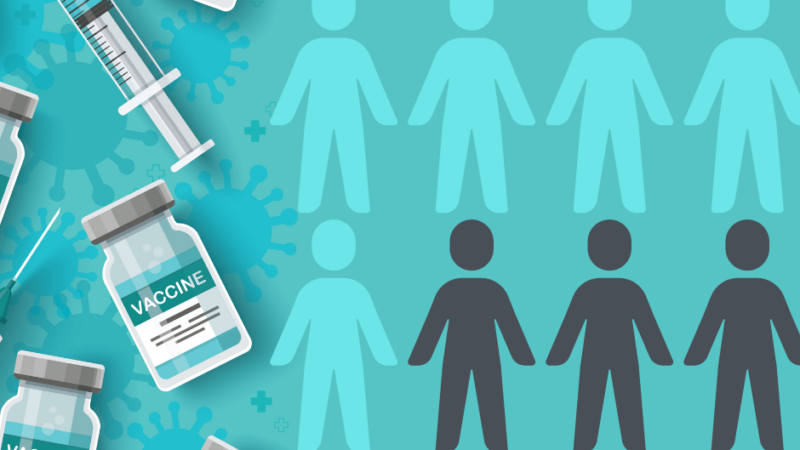MUMPS VACCINE doesn’t work

According to Stephen Krahling and Joan Wlochowski, both former Merck virologists, the Merck company engaged in all the following behavior:
• Merck knowingly falsified its mumps vaccine test results to fabricate a “95% efficacy rate.”
• In order to do this, Merck spiked the blood test with animal antibodies in order to artificially inflate the appearance of immune system antibodies. As reported in CourthouseNews.com:
Merck also added animal antibodies to blood samples to achieve more favorable test results, though it knew that the human immune system would never produce such antibodies, and that the antibodies created a laboratory testing scenario that “did not in any way correspond to, correlate with, or represent real life … virus neutralization in vaccinated people,” according to the complaint. (http://www.courthousenews.com/2012/06/27/47851.htm)
This begs the question, WHO BENEFITS from the additional shot of vaccine that doesn’t work?

Excerpt from the Washington Post Article:
Federal health officials are evaluating the benefit of an additional dose of the mumps vaccine because of the increasing number of mumps outbreaks since 2006. More than 5,000 cases of the contagious viral illness were reported last year in the United States, the most in a decade.
Among the outbreaks in recent years, 19 occurred last year on college campuses. Arkansas has been battling an outbreak that began in one community last summer and has since infected 2,815 people, the largest recorded in that state.
The mumps outbreaks have been occurring in communities with high rates of immunization and residents who often have received both recommended doses of the vaccine.
Federal officials said Thursday that they are looking into whether mumps immunity decreases over time and whether there would be benefits to a third dose. State and local health authorities are particularly interested in that additional shot as a preventive measure, Mona Marin told the Advisory Committee on Immunization Practices.
“Although the disease has not been serious, the disruption and expense it has caused for local and state health officials has been significant,” said Marin, a viral diseases expert with the Centers for Disease Control and Prevention.
Currently, the CDC recommends that children receive two doses of the MMR vaccine — for measles, mumps and rubella — with the first dose at 12 to 15 months of age and the second at 4 to 6 years.






